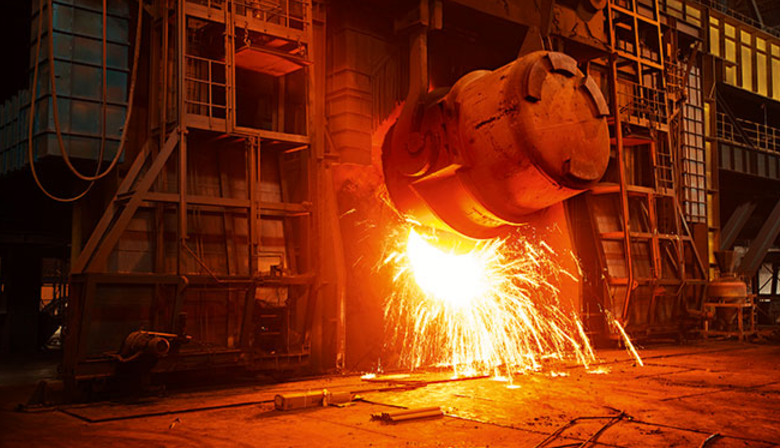The research will focus on driving product standardisation, enhancing sustainability, and establishing a global benchmark for the future of steel manufacturing.

The Indian Institute of Technology (Indian School of Mines) Dhanbad has forged a partnership with Bangalore-based sustainability startup sentra.world to spearhead efforts in decarbonising India’s iron and steel industry. This collaboration will focus on replacing traditional coal with biochar, a sustainable alternative, in key steel production processes such as coke making, sintering, and sponge iron manufacturing.
The initiative plans to source biomass from over 10 Indian states, including rice husks, sugarcane bagasse, bamboo, and invasive plant species like babool, converting them into high-quality biochar. This project aims to process approximately 720 tonnes of surplus biomass, tackling environmental challenges such as stubble burning, a significant cause of air pollution in India.
By using biochar in steel production, the project has the potential to cut emissions by up to 40%. This innovation could significantly reduce the steel industry’s carbon footprint, which currently contributes to 8-12% of India’s total greenhouse gas emissions. Additionally, this solution will help local farmers by providing them with a new income stream through the monetisation of agricultural waste.
Vikas Upadhyay, Co-founder of sentra.world, highlighted the importance of the partnership, noting that over 50 companies are already looking for ways to reduce their carbon footprints. The collaboration will not only contribute to environmental sustainability but also help in setting new standards in steel industry practices.
The research will focus on driving product standardisation, enhancing sustainability, and establishing a global benchmark for the future of steel manufacturing. The combined efforts of IIT Dhanbad and sentra.world are expected to play a key role in making the steel sector more eco-friendly, reducing its carbon impact, and promoting innovation.
Article Credit: manufacturingtodayindia